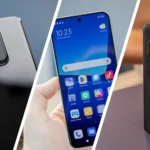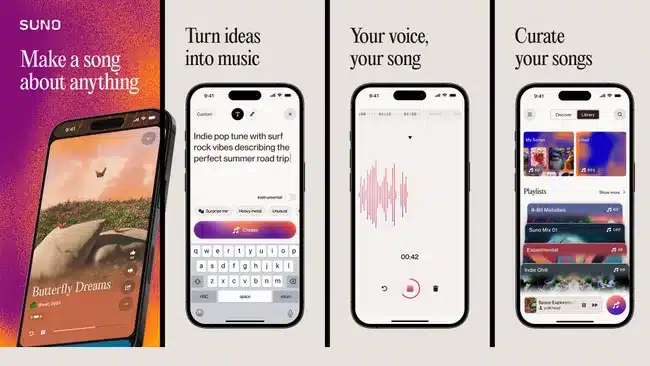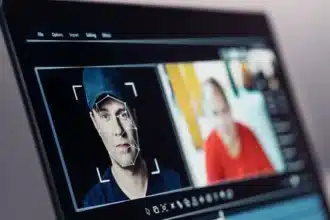In a bold move that has caught the attention of both the tech and music industries, Suno has launched a new AI-driven music-generating mobile app. This innovative app leverages advanced artificial intelligence to create original music compositions, offering users a unique and personalized music experience. Despite facing potential legal challenges, Suno’s confident approach signals its commitment to pushing the boundaries of what AI can achieve in the creative arts. Here’s an in-depth look at Suno’s new app, its features, and the legal landscape it navigates.
Introducing Suno’s AI Music App
Suno’s latest offering is a mobile app designed to revolutionize music creation. By harnessing the power of AI, the app allows users to generate music that caters to their tastes and preferences, democratizing the music creation process.
How It Works
The app uses machine learning algorithms trained on vast datasets of music. Users input their preferences, such as genre, mood, and tempo, and the AI generates a unique composition. The process is user-friendly, making music creation accessible to everyone, from professional musicians to casual enthusiasts.
Key Features
- Personalized Music Generation: Users can create music tailored to their specific tastes.
- Variety of Genres: The app supports a wide range of genres, including classical, jazz, rock, and electronic.
- Real-Time Editing: Users can tweak and edit the generated music in real-time, offering a high level of customization.
- Share and Collaborate: The app includes features for sharing compositions and collaborating with other users.
Legal Challenges on the Horizon
While Suno’s app is a technological marvel, it is not without its legal challenges. The use of AI in music creation raises questions about copyright, ownership, and the potential for plagiarism.
Copyright and Ownership
One of the primary legal concerns is the issue of copyright and ownership of AI-generated music. Traditional copyright laws are designed to protect the creative works of human authors, and there is ongoing debate about how these laws apply to creations made by artificial intelligence. Suno will need to navigate these legal waters carefully to ensure that users have clear rights to the music they generate.
Plagiarism Concerns
Another concern is the potential for AI-generated music to unintentionally replicate existing copyrighted works. Given that the AI learns from existing music, there is a risk that the generated compositions could be too similar to existing songs, leading to allegations of plagiarism. Suno must implement robust measures to mitigate this risk and ensure the originality of its AI’s output.
Suno’s “What, Me Worry?” Approach
Despite these legal challenges, Suno has adopted a “What, Me Worry?” approach, confidently rolling out its app while addressing concerns as they arise. This proactive stance highlights the company’s commitment to innovation and its belief in the transformative potential of AI in music.
Embracing Innovation
Suno’s approach reflects a broader trend in the tech industry, where companies often push the boundaries of what is legally and ethically acceptable to drive innovation. By launching its app, Suno is setting a precedent for how AI can be used creatively, while also sparking important conversations about the future of copyright law and AI.
Legal Preparedness
To prepare for potential legal battles, Suno has likely consulted with legal experts and developed strategies to address copyright and ownership issues. This includes possibly creating licensing agreements, obtaining clearances, and developing internal guidelines to ensure the app’s compliance with existing laws.
The Future of AI in Music
Suno’s AI music-generating app is a glimpse into the future of music creation, where technology and creativity intersect in exciting ways. As AI continues to evolve, its role in the music industry is likely to expand, offering new opportunities and challenges.
Broader Implications
The success of Suno’s app could pave the way for other AI-driven creative tools, impacting not just music but other areas of the arts such as visual art, literature, and film. This technological shift could democratize the creative process, making it more accessible and diverse.
Ethical Considerations
As AI becomes more integrated into creative fields, it will be essential to address the ethical considerations surrounding its use. This includes ensuring that AI tools are used responsibly and that creators’ rights are protected.
Conclusion
Suno’s AI music-generating mobile app represents a significant leap forward in the integration of artificial intelligence and creative arts. While it faces potential legal challenges, Suno’s confident approach underscores its commitment to innovation and its vision for the future of music creation. As the app gains traction, it will undoubtedly influence how we think about the relationship between technology and creativity, opening up new possibilities for artists and enthusiasts alike.
















